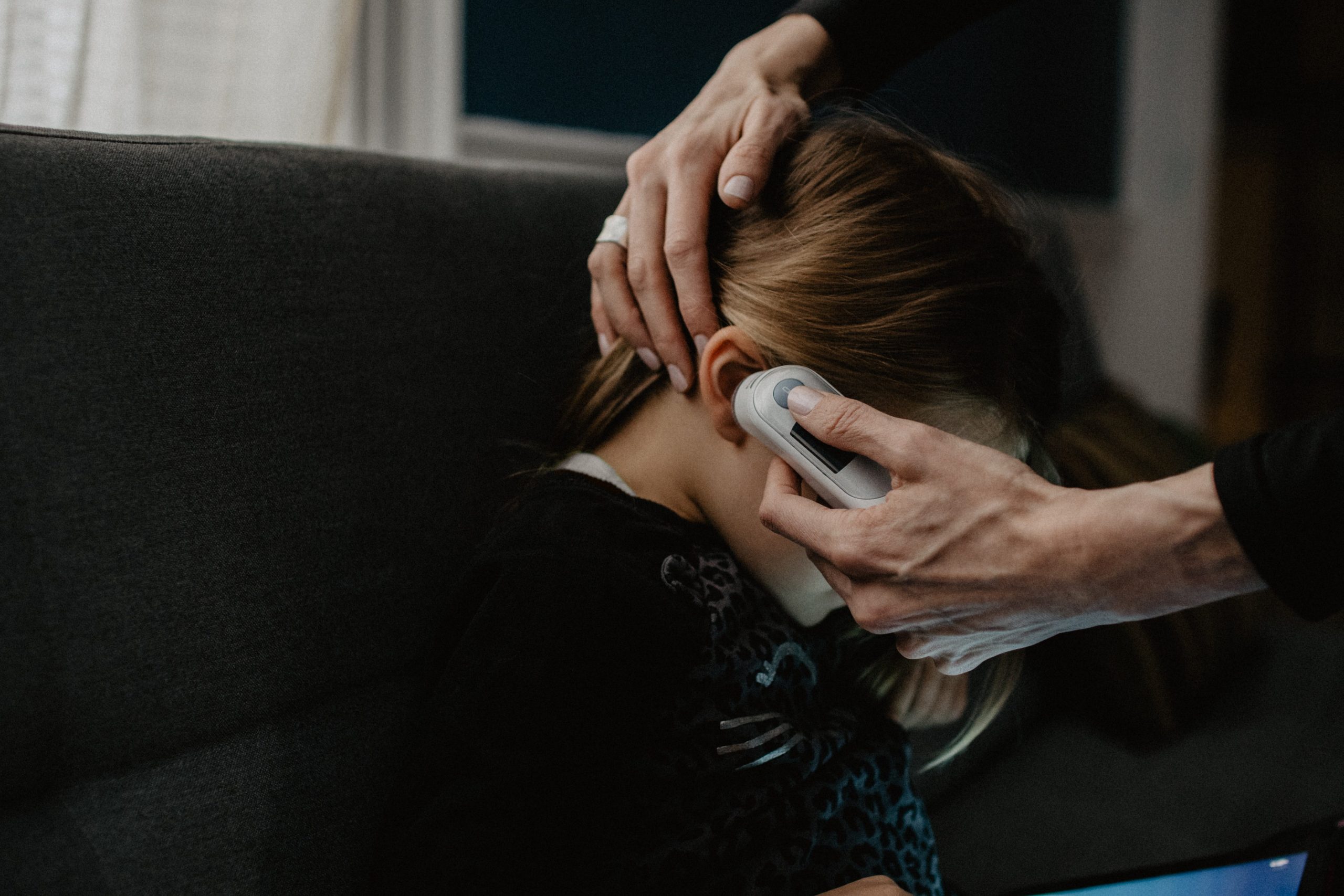Most people who contract Covid-19 tend to make a full recovery within 2-4 weeks. However, some individuals will experience ongoing, long-term health problems weeks and months after the initial onset of their symptoms, a phenomenon known as Long Covid.
Long Covid refers to the lingering health effects on the physical and mental wellbeing of people who had contracted Covid-19. The chances of having Long Covid are not necessarily linked to the severity of the symptoms experienced during the active infection. In fact, people who had experienced relatively mild symptoms at first, can still experience long-term problems after.
With the global spread of the Delta variant, and as more and more people around the world contract the virus, the number of those affected who go on to develop Long Covid has surged.
Research shows that between 5 to 10% of non-hospitalised patients, and approximately 80% of hospitalised Covid-19 patients, were subject to long-term health complications after their initial infection.
Common symptoms associated with Long Covid include:
- Extreme tiredness (fatigue)
- Chest pain/ tightness in the chest
- Shortness of breath
- Insomnia
- “Brain fog” that makes it difficult to concentrate and remember things
- Heart palpitations
- Joint pain
- Depression and anxiety
- Vertigo
- Nausea, loss of appetite, diarrhoea
Some people with Long Covid may also develop complications that affect their organs. Studies have shown that the lingering health issues and ongoing symptoms associated with Covid-19 may be the result of injured organs such as the lungs, the heart, and the brain. Although these complications are relatively less common, individuals who experience them may have the following symptoms:
- Abnormal functioning of the lungs
- Inflammation of the muscles of the heart
- Anxiety
- Body rashes
- Hair loss
- Problems with smell and taste
- Mood changes
Can children also get Long Covid?
According to the Centers for Disease Control and Prevention (CDC) Long Covid appears to be less common among children and adolescents than adults. Nevertheless, there have been reports of children experiencing long-term health problems following a Covid-19 infection.
One study conducted by researchers from University College London surveyed adolescents between the ages of 11 to 17 that had previously tested positive for Covid-19 in England between the months of September and March. Results from this study showed that between 2% and 14% of participants still reported symptoms resulting from Covid-19 weeks after their infection.
Findings from a scientific review conducted by researchers at Melbourne’s Murdoch Children’s Research Institute (MCRI) also found that long covid was much less common among kids than was previously predicted, but also concluded that the symptoms of Long Covid very rarely linger longer than 12 weeks in this given population.
The review looked at results from 14 international published studies that together involved 19,426 children and adolescents who had reported long covid symptoms after having recovered from Covid-19. While these studies had significant limitations, the researchers established that since it is clear that Long Covid can affect children and adolescents, there is an urgent need for new studies to accurately assess the risks of Long Covid in this age group.
Given the spread of the Delta variant, and as more children are testing positive for SARS-CoV-2 and more are being hospitalised, research into the potential risk and impact of Long Covid among this age group is likely to be prioritised moving forward. In the long term, we will also need more studies to better understand how Long Covid affects both vaccinated and unvaccinated children, so as to be able to draw firm conclusions that could guide future policies.
How can we protect our children?
The rise of the new variants has changed the virus landscape. While at the beginning children were less affected by the virus, we are now seeing that approximately one in four of Covid-19 cases globally are in children.
Even though in most parts of the world, children are not yet authorised to receive the Covid-19 vaccine, parents and guardians are strongly recommended to get vaccinated, as by doing so, you also keep your children and loved ones safe and protected.
Read also: Covid-19 can accelerate ‘dementia pandemic’, experts warn
In addition, children who are old enough to wear masks are highly recommended to do so, especially in areas that are crowded and poorly ventilated. Hand hygiene is also strongly encouraged.
Children suspected to have Long Covid are likely to experience the following symptoms:
- Fever
- Headaches
- Fatigue
- Lack of focus
- Shortness of breath
- Disturbance in their sleeping patterns
- Abdominal pains.
If you suspect that you or our child are experiencing symptoms of Long Covid, it is important to discuss a personalised treatment plan with a doctor.
Symptoms can be managed through a healthy diet, rest and, in some cases, gentle exercise. However, medical interventions may be necessary to treat certain types of complications and/or secondary infections.
Maha El Akoum, MPH, is a public health professional currently working as Head of Content at World Innovation Summit for Health [WISH].
Follow Doha News on Twitter, Instagram, Facebook and Youtube







